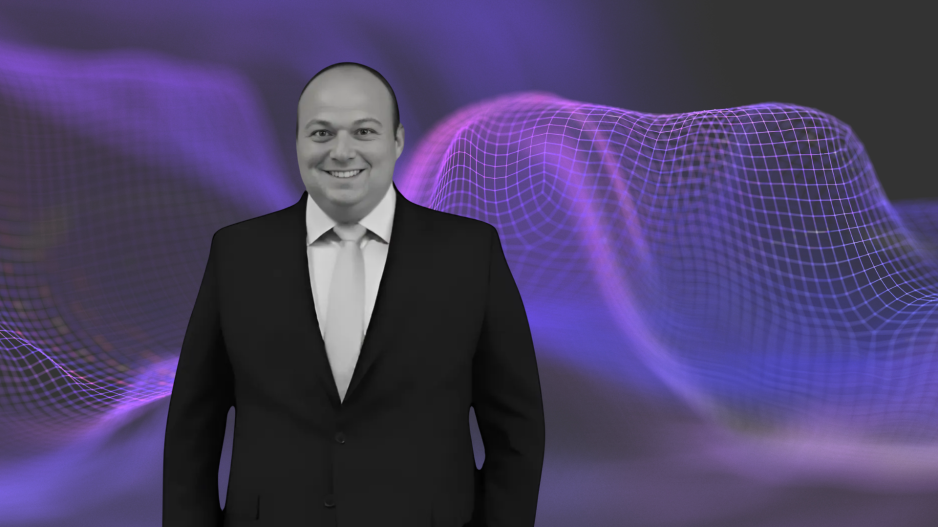Artificial Intelligence and Global Dominance: A Zero-Sum Game
At the highly publicized AI Action Summit in Paris, held on February 10-11, and attended by numerous world leaders, the underlying multidimensional conflict over artificial intelligence between the dominant global powers was perhaps highlighted in the most intense way. A conflict characterized by elements reminiscent of the Cold War era, as international players are not only divided by opposing interests but also by a chaotic divergence in the ethical and ideological framework through which they approach the issue.
Given the immense impact of AI on productivity, its consequences are expected to be potentially as significant as those of the Cold War. In the end, humanity was divided into winners and losers, with direct effects on the economy and the standard of living of citizens. As the Organization for Economic Security and Cooperation recently stated in a study:
"Different countries are adopting varied policy approaches to AI development and implementation, which can lead to divergent outcomes internationally."
While about 60 countries have signed the non-binding declaration of the summit, both the United Kingdom and the United States refused to adopt the text, which spoke of "ensuring that the technology is safe and trustworthy." The new U.S. Vice President, JD Vance, warned Europe against adopting excessive regulations on AI, stating:
"The Donald Trump administration will ensure that the most powerful AI systems are built in the U.S., using American semiconductors (chips)."
Addressing the participants, he further emphasized that America wants to collaborate with them, but in order to build a relationship of trust, international regulations are needed that promote AI rather than stifle it.
While the U.S. Vice President was clearly referring to the AI Act, the French President chose to co-chair the summit with his Indian counterpart, Narendra Modi, sending the message that the EU is determined to push forward its own agenda in the global system.
At the same time, China, which recently shocked the world with the unveiling of DeepSeek, continues to unwaveringly pursue its own path, investing heavily in AI without showing particular sensitivity to its ethical dimension. Now, as it rapidly closes the gap in AI models and software, China is shifting its focus to the production of semiconductors and other hardware components. Since 2022, following U.S. export restrictions on China, the Chinese government has been urging domestic tech companies to prioritize Huawei's semiconductor products.
China is even projected to be the biggest winner, as estimates suggest that its GDP could benefit by up to 26% from artificial intelligence.
Amidst this direct confrontation between the U.S. and China, Europe is seeking its footing, adopting a distinctly more skeptical stance on the potential impact of AI. For the bureaucrats in Brussels and the Franco-German leadership of the EU, the effort to regulate and control technology while also ensuring that the Union positions itself among the beneficiaries of AI has proven to be a particularly challenging puzzle.
Adding to the complexity are the notoriously slow growth rates of major EU economies, particularly Germany, which, having relied on its industrial strength for decades, failed to invest significantly in new technologies. Furthermore, the EU, through a series of programs and initiatives, such as the Paris Summit, is positioning itself against the U.S. and its current administration, as the force advocating for stricter regulation and oversight of AI.
The impact of artificial intelligence on global balance is already significant and will continue to grow, leading to a fundamentally tripolar world. On one side, China, which, along with its allies, follows a solitary path, seeking to maximize AI's benefits. On the other, the U.S., visibly reacting against its Western allies, who refuse to fully align with it in this battle, thereby implicitly acknowledging its leadership.
In fact, the U.S. Vice President bluntly warned European leaders not to sign AI agreements with authoritarian regimes.
The divergent perspectives between the U.S. and the EU were reflected in the opposing statements made during the summit by their highest officials. On one side, the President of the European Commission declared:
"Artificial intelligence needs the trust of citizens and must be safe."
On the other, the U.S. Vice President countered:
"We believe that excessive regulation in the AI sector could kill the industry at the very moment it is taking off."
The global balance of power is more delicate than ever, and the relationships between the world's major powers more complex than at any point in recent history, in a field whose impact is expected to reshape our daily lives.
And while the landscape is transforming into a new kind of Cold War rivalry, the ultimate question remains:
Who will emerge victorious in this undeniable zero-sum game?






